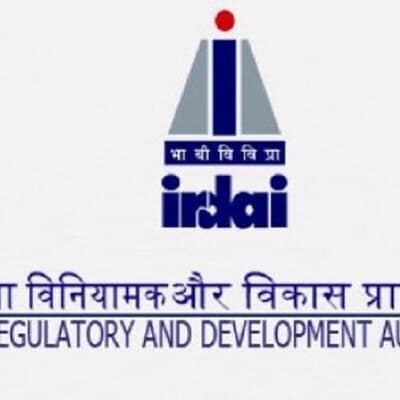The Insurance Regulatory and Development Authority of India (IRDAI) has issued a general circular aimed at enhancing the rights and protections of health and life insurance policyholders. The circular, issued on September 5, contains rules on claim settlement, customer information sheets and general treatment of policyholders by insurers.
Key points of the circular that you should know as an insured
Custom Benefit Illustrations: Insurers should provide a personalized benefits description at the point of sale, detailing specific benefits based on the customer profile (age, premium amount, etc.). This will ensure that policyholders clearly understand their coverage options.
Optimized proposal processing: Insurers must process proposal forms efficiently, with the aim of making a decision within seven days of receiving all necessary information. This includes communicating acceptance or rejection promptly, along with the reasons for non-acceptance.
Issuance of electronic policies: Once a proposal is accepted and premium is received, policies will be issued electronically, with the option of physical documents if requested.
Customer Information Sheet (CIS): It is a statement provided by the insurer along with the policy document, which provides in simple words, important information and basic features of the policy issued in one place. The CIS must be provided in the format specified in “Annexure D” of the Insurance Act for life insurance policies.
Key information in a CIS
Type of insurance: Specify whether the policy is term life, whole life, or another type of insurance.
Sum insured: Indicates the amount to be paid to the beneficiary in the event of an accident.
Benefits: Provides a complete description of the coverage and benefits offered by the policy.
Exclusions: Lists conditions or scenarios that are not covered by the policy.
Important details: Includes information about the free review period, renewal dates, policy reactivation and loan options, and other relevant details.
Complaints procedure: Describes the steps required to file a claim.
Policy Service: Provides details on customer support and assistance services.
Grievance resolution: Describes the process for filing complaints and provides contact information for the Insurance Ombudsman.
CIS and proposal forms should be available in regional languages upon request to support inclusion.
Free trial period: Policyholders will have a 30-day free review period to review the terms of their policy. If they are not satisfied, they can return the policy for a refund, ensuring they have the opportunity to reconsider their purchase without penalties.
Enhanced complaint resolution mechanisms: Insurers are mandated to establish effective complaint resolution systems, ensuring that policyholders can resolve issues easily and receive support when they need it.
Mandatory nomination and updates: The proposal form will require details of nominees, ensuring that claims can be processed smoothly in the event of the death of the insured. Policyholders are also advised to keep their information up to date to facilitate efficient service.
Cashless claims settlement in 3 hours: In order to offer a cashless claim settlement system from the commencement date of cover, the insurer must obtain group member details from the primary policyholder as soon as possible. No claim will be refused due to unavailability of group member details.
Multiple health insurance policies: If you have multiple health insurance policies from multiple insurers, the process for resolving claims has become more flexible. You can now choose to file a claim under any of your policies, designating the chosen insurer as the primary insurer. If the primary insurer’s coverage is insufficient to cover the full claim amount, this insurer will coordinate with the other insurers to resolve the remaining balance.
Search tool: Insurers are required to provide a search tool on their websites that allows users to verify authorized sales channels.
Premium/Proposal Deposit: No premium/proposal deposit is required to be paid to the life/health insurer along with the proposal form except in case of policies where coverage of the risk commences immediately after receipt of the premium.
Insurers should make available additional products/add-ons/clauses to provide a greater variety of options to the insured/potential clients they serve.
a. All ages;
b. All types of existing medical conditions.
c. Pre-existing diseases and chronic conditions.
d. All systems of medicine and treatments including allopathy, AYUSH and other systems of medicine.
e) All treatment situations including home hospitalization, outpatient treatment (0PD), day treatment and home treatment.
f) All regions, all occupational categories, persons with disabilities and any other categories;
g. All types of hospitals and health care providers that fit the financial capacity of the insured or potential insured. Coverage will not be denied to the insured in case of emergency situations.
Note: The above does not imply that the insurer must have a single product to cover all the risks mentioned above.
First published: September 6, 2024 | 16:04 IS
Disclaimer:
The information contained in this post is for general information purposes only. We make no representations or warranties of any kind, express or implied, about the completeness, accuracy, reliability, suitability or availability with respect to the website or the information, products, services, or related graphics contained on the post for any purpose.
We respect the intellectual property rights of content creators. If you are the owner of any material featured on our website and have concerns about its use, please contact us. We are committed to addressing any copyright issues promptly and will remove any material within 2 days of receiving a request from the rightful owner.

